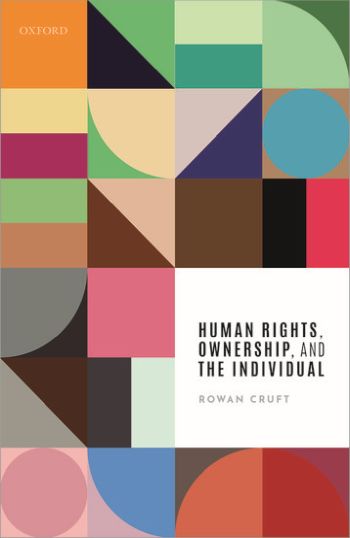
Is it defensible to use the concept of a right? Can we justify rights' central place in modern moral and legal thinking, or does the concept unjustifiably side-line those who do not qualify as right-holders?
Rowan Cruft develops a new account of rights. Moving beyond the traditional 'interest theory' and 'will theory', he defends a distinctive 'addressive' approach that brings together duty-bearer and right-holder in the first person. This view has important implications for the idea of 'natural' moral rights - that is, rights that exist independently of anyone's recognizing that they do. Cruft argues that only moral duties grounded in the good of a particular party (person, animal, group) are naturally owed to that party as their rights. He argues that human rights in law and morality should be founded on such recognition-independent rights. In relation to property, however, matters are complicated because much property is justifiable only by collective goods beyond the rightholder's own good. For such property, Cruft argues that a new non-rights property system, that resembles markets but is not conceived in terms of rights, would be possible.
The result of this study is a partial vindication of the rights concept that is more supportive of human rights than many of their critics (from left or right) might expect, and is surprisingly doubtful about property as an individual right.